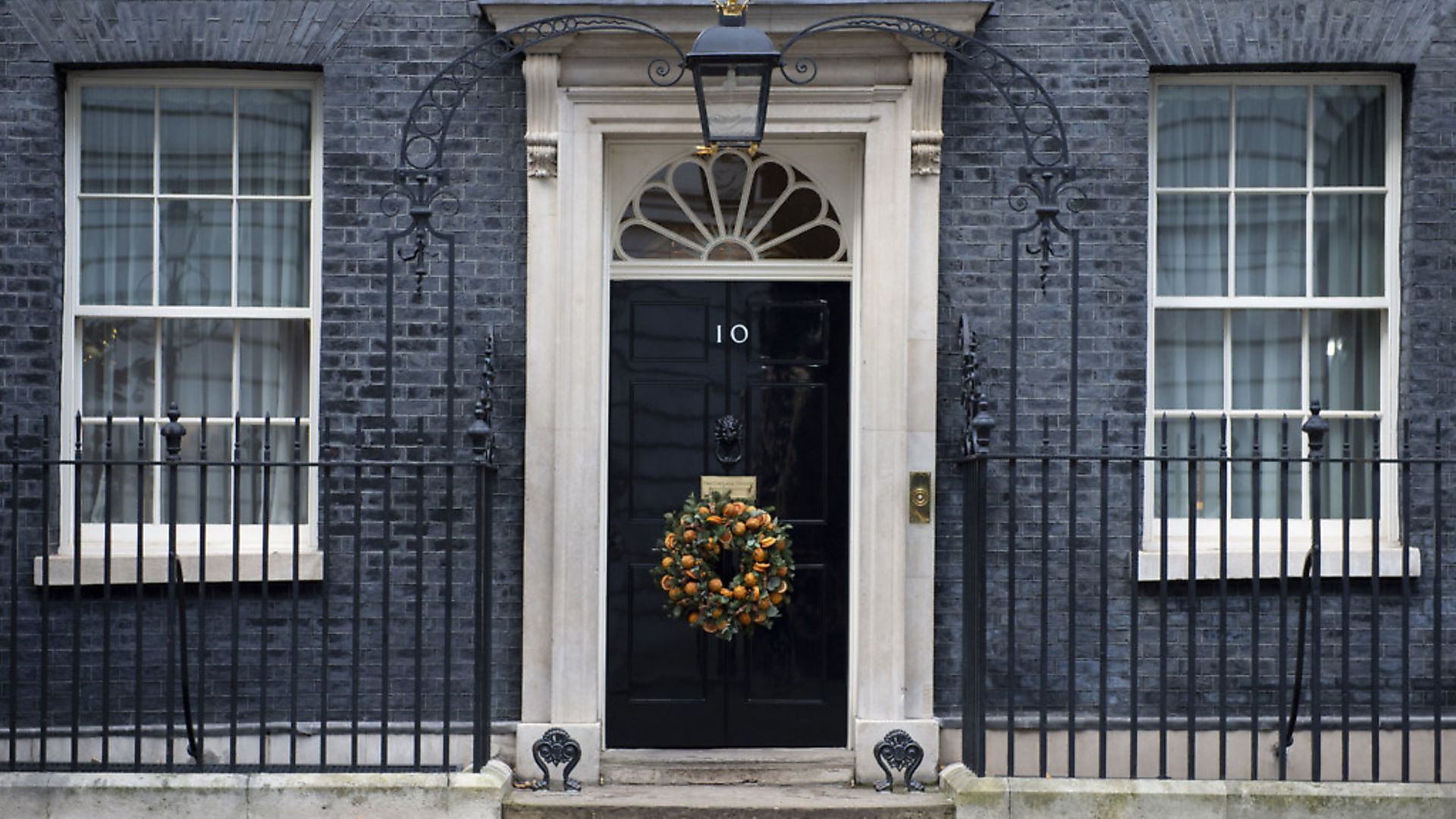
Despite more people voting against pro-Brexit parties than supporting them our voices have been ignored again, says ROGER HINDS.
Tactical voting in the general election was so widespread, mostly over the issue of Brexit, that no political party can claim a mandate for its entire manifesto. That’s why proportional representation must be brought in so that voters’ real preferences are truly reflected which, in a democracy, is necessary to give governments legitimacy.
Broadcasters must also take into account the impact of tactical voting
on voters’ allegiances when determining the coverage they will give to political parties and independents at the next general election. Currently, they are required to give weight to the results the parties achieved in this general election and/or support they will have at the time of the next election – upon which the 2019 results, like those of 2017 (when there was also tactical voting), are bound to have a knock-on effect.
Another reason for jettisoning our first past the post electoral system before it becomes even more distorted.
Roger Hinds
Surrey
Boris Johnson has his majority, but he now faces five years of wrangling with nationalists in Scotland and Northern Ireland, a tricky trade negotiation with the EU and continued war on his backbenches as the ERG press for no-deal. Plus he has to deliver all those new nurses, hospitals and police.
You should always be careful what you wish for.
James Hamer
Thetford
In November, various UK-based artists and some of our European colleagues came to Margate, to discuss the arts and Brexit. We spoke of the damage threatened by Brexit to the creative arts and to the way artists connect with others to enrich cultural language and cultural treasure. International inter-cultural exchange is, for us, the essence of artistic activity.
How will musicians, whose modest income has derived from gigging in the EU, survive? What administrative barriers and financial strictures will teachers encounter? What of the Erasmus scheme?
Artists need a forum for discussion to help navigate the fog of Brexit; the future cannot remain anti-internationalist for long. Brexit is a dead end, and artists will be at the fore when a newly unfrontiered landscape is achieved. ?
Marina Warner, Bob and Roberta Smith and others
– Send your letters for publication in this week’s edition of The New European to letters@theneweuropean.co.uk
Warning: Illegal string offset 'link_id' in /mnt/storage/stage/www/wp-includes/bookmark.php on line 357
Notice: Trying to get property 'link_id' of non-object in /mnt/storage/stage/www/wp-includes/bookmark.php on line 37






